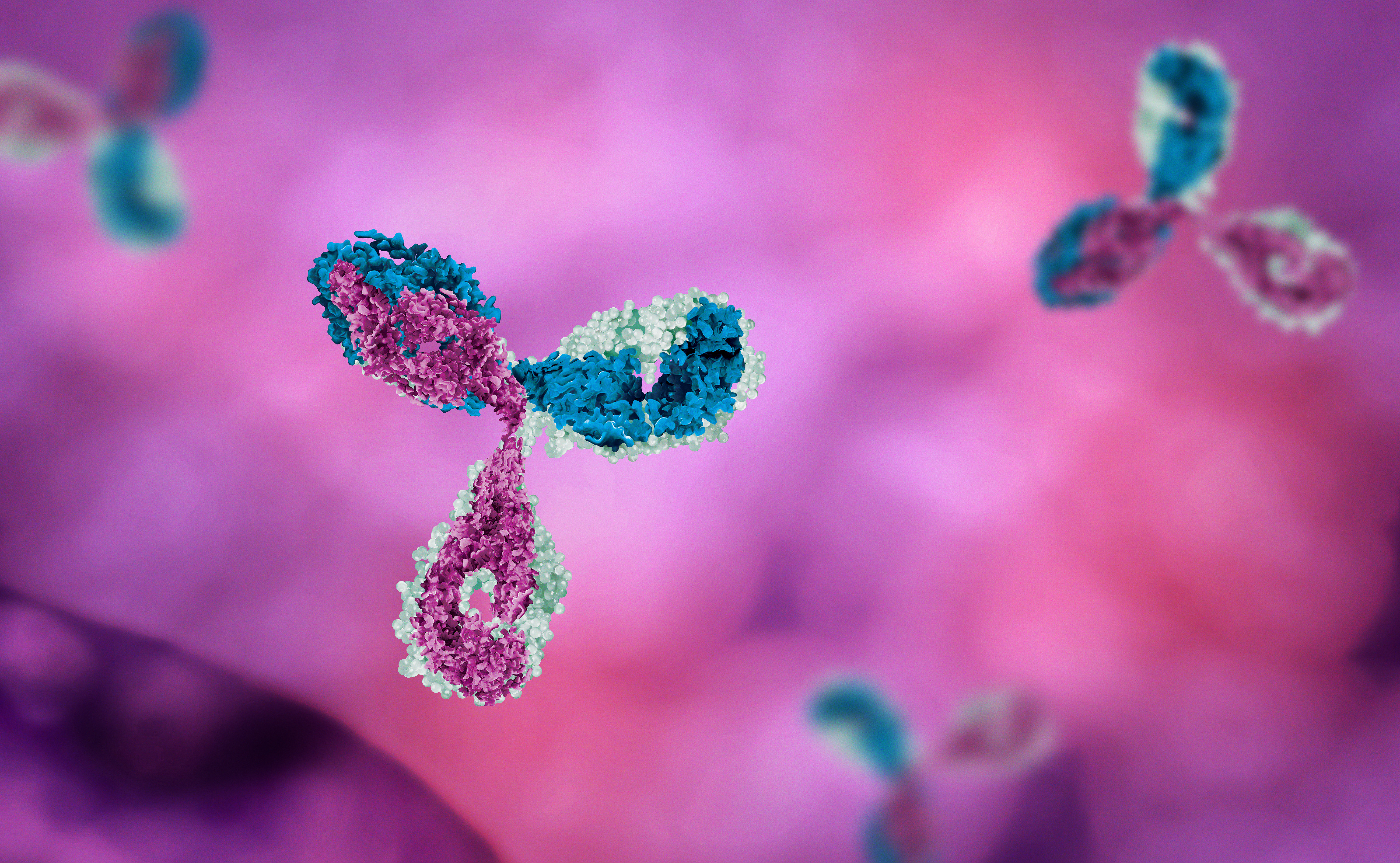
In recent years the field of cancer immunotherapy has exploded in popularity, and now a new branch of research is developing, involving the microbiome. A growing number of studies have found that the microbiome can influence a cancer patient’s response to immunotherapy. In 2020/21, two studies were published in Science, showing that fecal microbiota transplantation (FMT; yes, really, a poo transplant!) can boost a cancer patient’s immune system, resulting in a better response to immune checkpoint inhibitors.
The studies, performed in Israel1 and the US2, were the first of their kind to show that FMT can benefit cancer patients receiving immunotherapy.
However, not just any old bugs from any old poop can be used. In both studies, stool samples were taken from individuals who had responded to anti-PD-1 immunotherapy, their cancer now in remission. These samples were then used to give FMT to melanoma patients who had previously failed to respond to immunotherapy. The result? In around a third of these patients, the immunotherapy now worked.
Which bugs are best?
The microbiome and the immune system are both considered immensely complex, and our understanding of the interplay between these two networks is limited. Various studies have aimed to identify which bacteria are responsible for super-charging our immune cells, however the findings have been unclear. Different immunotherapy-responsive donors have been found to have increased abundances of different types of bacteria. However, most studies do seem to agree that greater diversity of bacterial species is associated with better response to immunotherapy.
How do bugs boost our immune system?
The digestive system is the second largest immune interface with the outside world, where immune cells are exposed to a variety of external stimuli, including bacteria. The microbes in our gut can ‘talk’ to immune cells through the metabolites they release during their day-to-day lives. These metabolites can directly activate immune cells, such as macrophages and T-cells, putting them on high alert for killing tumour cells.
Gut microbes can also enhance the ability of immune cells to recognise tumour cells. For example, Bifidobacterium breve has been found to express a particular antigen with high similarity to one found on tumour cells. This bacterium was able to prime antigen specific T-cells which then cross-reacted to tumour cells3.
Therapeutically targeting our tiny friends
While FMT may be able to significantly help patients of all cancer types, there are difficult logistics to consider. Donors must be screened for different infections and harmful bacteria, making only a small number suitable. The samples themselves must be processed in a highly sterile environment, and treated with the same care as other more conventional transplant samples. In the future, we may see a shift towards probiotics tailored for cancer patients, which represent an “off-the-shelf” product that could overcome the issues with FMT. For example, the UK-based start-up Microbiotica is producing live bacterial products for cancer treatment and developing bioinformatics pipelines to identify microbiome-based biomarkers.
Other approaches include engineered microbes, administering microbiome-derived metabolites, and modulating the existing microbial consortium. For example, diet has a huge impact on the microbiome, and loading up on fruits and veggies to increase fibre intake has also been shown to improve responses to immune checkpoint inhibitors.
Future perspectives
It doesn’t stop there, as the microbiome has been implicated in the response to other types of immunotherapies, including adoptive cell therapies. However, before we can fully exploit the microbiome for any type of cancer immunotherapy, we need a better understanding of exactly which species are beneficial, and in what patients. As more research is published, we expect to see more investment in microbiome-based biotech, and more innovation in this field. As quoted by Ben Boursi, leader of the Israeli study, this really is an exciting new “era of ecological oncology”4.
References
- Baruch, E., Youngster, I., Ben-Betzalel, G., Ortenberg, R., Lahat, A., & Katz, L. et al. (2021). Fecal microbiota transplant promotes response in immunotherapy-refractory melanoma patients. Science, 371(6529), 602-609. https://doi.org/10.1126/science.abb5920
- Davar, D., Dzutsev, A., McCulloch, J., Rodrigues, R., Chauvin, J., & Morrison, R. et al. (2021). Fecal microbiota transplant overcomes resistance to anti–PD-1 therapy in melanoma patients. Science, 371(6529), 595-602. https://doi.org/10.1126/science.abf3363
- Bessell, C., Isser, A., Havel, J., Lee, S., Bell, D., & Hickey, J. et al. (2020). Commensal bacteria stimulate antitumor responses via T cell cross-reactivity. JCI Insight, 5(8). https://doi.org/10.1172/jci.insight.135597
- Erdmann, J. (2022). How gut bacteria could boost cancer treatments. Nature, 607(7919), 436-439. https://doi.org/10.1038/d41586-022-01959-7
Katie is a trainee patent attorney in our life sciences team. Katie has a degree in Biochemistry from the University of Birmingham, where she won a prize for the highest achieving undergraduate. She completed a PhD in Cell Biology at UCL, where her research focussed on using high spatiotemporal imaging techniques to investigate mechanisms of chromosome instability in cancer. She also has a MSc in Cancer Cell Biology.
Email: katie.dale@mewburn.com
Sign up to our newsletter: Forward - news, insights and features
Our people
Our IP specialists work at all stage of the IP life cycle and provide strategic advice about patent, trade mark and registered designs, as well as any IP-related disputes and legal and commercial requirements.
Our peopleContact Us
We have an easily-accessible office in central London, as well as a number of regional offices throughout the UK and an office in Munich, Germany. We’d love to hear from you, so please get in touch.
Get in touch

